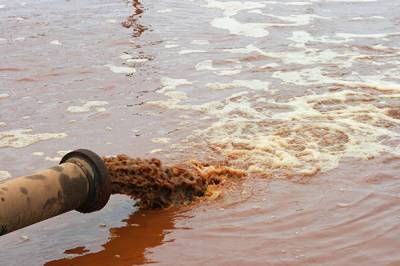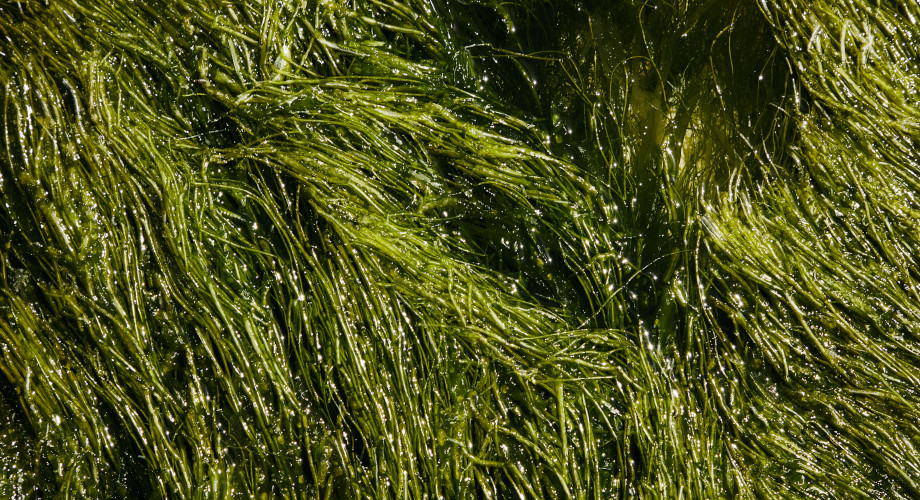
WvdMPhotography/Shutterstock.com
The 2023 Nobel Prize in Chemistry was focused on quantum dots – objects so tiny, they’re controlled by the strange and complex rules of quantum physics. Many quantum dots used in electronics are made from toxic substances, but their nontoxic counterparts are now being developed and explored for uses in medicine and in the environment. One team of researchers is focusing on carbon- and sulfur-based quantum dots, using them to create safer invisible inks and to help decontaminate water supplies.
The researchers will present their results today at the spring meeting of the American Chemical Society (ACS).
Quantum dots are synthetic nanometer-scale semiconduc...
Read More







Recent Comments